A rural beekeeping initiative in Buhera is making waves in Zimbabwe’s agro-processing sector, with the Chapanduka Honey Processing Association generating over US$20,000 in revenue over the past year through the sale of Save Valley Honey Wine and other honey-based value-added products.
The association, made up of 40 local villagers - including 15 women - is driving rural industrialisation under Vision 2030 and the National Development Strategy 1 (NDS1). Central to their success is the production of a unique, organic honey wine, traditionally known as mead, brewed using honey, wax, and water.
From Hives to High Demand
"We have honey sales, we also sell the wax itself, and we value-add. It is a product that is in demand, especially here in Buhera. The honey wine is organic and very popular," said Mr Rogers Maunga, chairperson of the association.
According to Mr Maunga, the project’s rapid growth has been driven by strong market interest. However, the biggest challenge now is keeping up with that demand.
"The market is too big for us at the moment, and we are failing to meet demand. We are working on increasing our production capacity by adding more beehives and improving processing equipment," he said.
He added that formalising their distribution model is now a priority, with ambitions to place products in retail outlets, lodges, and hotels nationwide.
"This is no longer just a small community project – it is a business with real potential," Maunga emphasized.
Changing Lives, One Hive at a Time
The project has had a transformative effect on members’ livelihoods. Many villagers have been able to fund their children’s education, start orchards, and invest in further beekeeping ventures.
Mrs Christina Mazambani, one of the female pioneers in the association, said it was difficult to join initially due to cultural and religious barriers in the community.
"This area is mainly apostolic, so it was hard for women to be involved in such projects. But we joined anyway. Now, we have our own beehives and do all the work men do," she said.
She highlighted the health benefits of their honey wine, noting that it is free from chemicals or additives.
"Our wine is made using just honey, wax, and water. It is completely organic, and we’ve been told it helps boost the immune system. The demand is overwhelming," she added.
Building a Sustainable Future
Another member, Mrs Juliana Chaita, said the income from the initiative has changed her life.
"I’ve been able to send my children to school — they passed their O-Levels. I started an orchard and am working toward building a fishpond. I now own 13 beehives, and my husband has 130," she said.
The honey wine, which can range from 3.5% to over 20% alcohol depending on fermentation, is believed to be one of the world’s oldest alcoholic beverages, dating back thousands of years.
Roots and Support
The project was launched with the support of the Southern Alliance for Indigenous Resources (SAFIRE), which provided training and resources to kick-start beekeeping and honey processing operations. The goal was to empower communities, improve household incomes, and build resilience in vulnerable rural areas.
With strong local demand and an eye on national markets, the Chapanduka Honey Processing Association stands as a shining example of how rural innovation, local resources, and community resilience can blend to create sustainable economic opportunities.
- Manica Post
 Lecturers file court application to halt UZ graduation
Lecturers file court application to halt UZ graduation  Dr Mncwango appointed new MKP secretary general
Dr Mncwango appointed new MKP secretary general  Gates launches plan to reduce population growth in Africa
Gates launches plan to reduce population growth in Africa  Rand ignores Trump tariffs
Rand ignores Trump tariffs  RBZ cracks down on ZiG rejection
RBZ cracks down on ZiG rejection  NetOne posts record growth
NetOne posts record growth  Young Investment Professional (YIP) Graduate Programme 2019
Young Investment Professional (YIP) Graduate Programme 2019 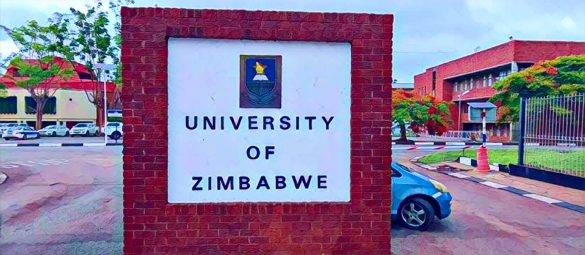


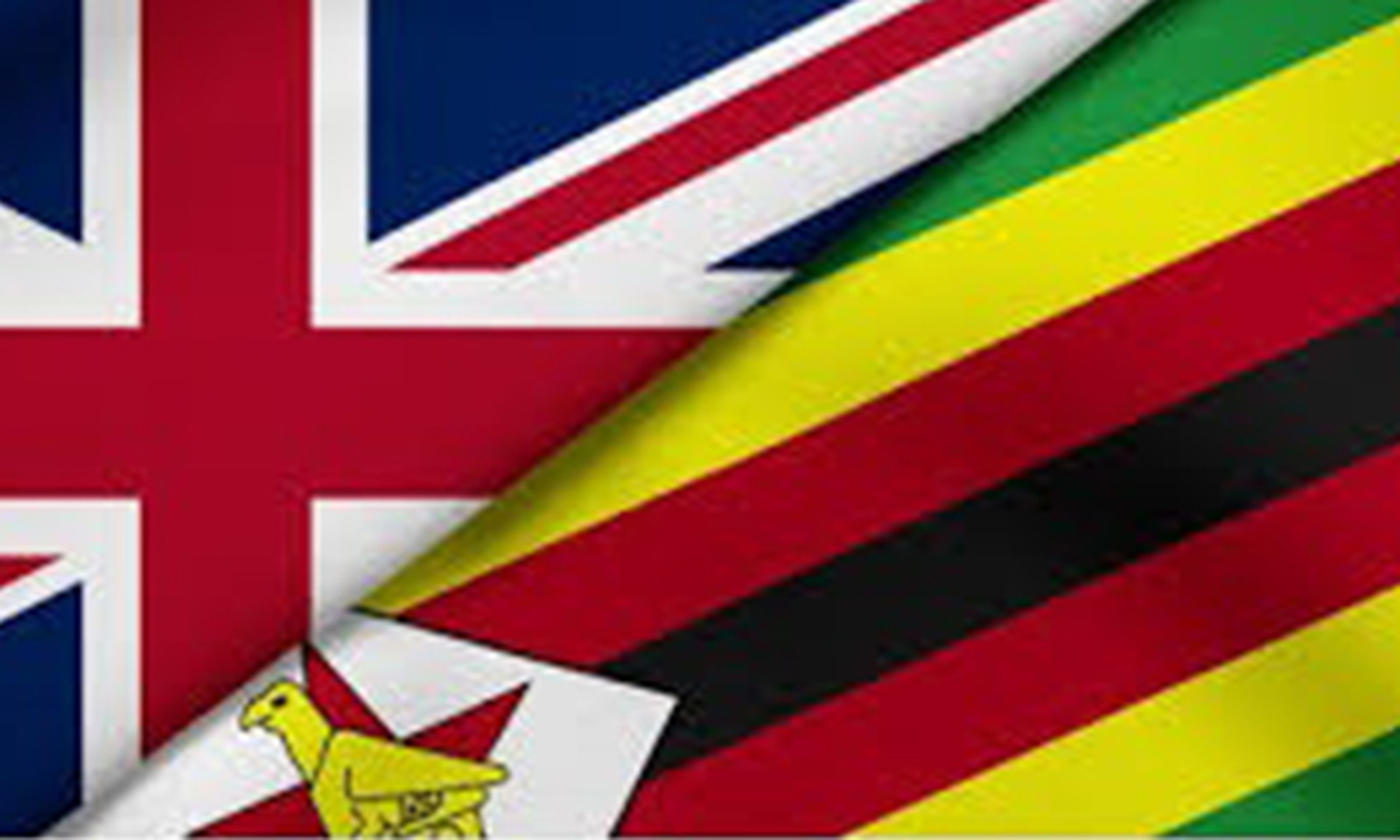

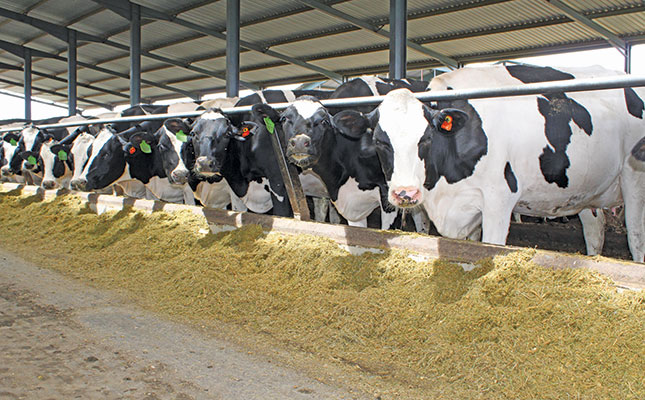

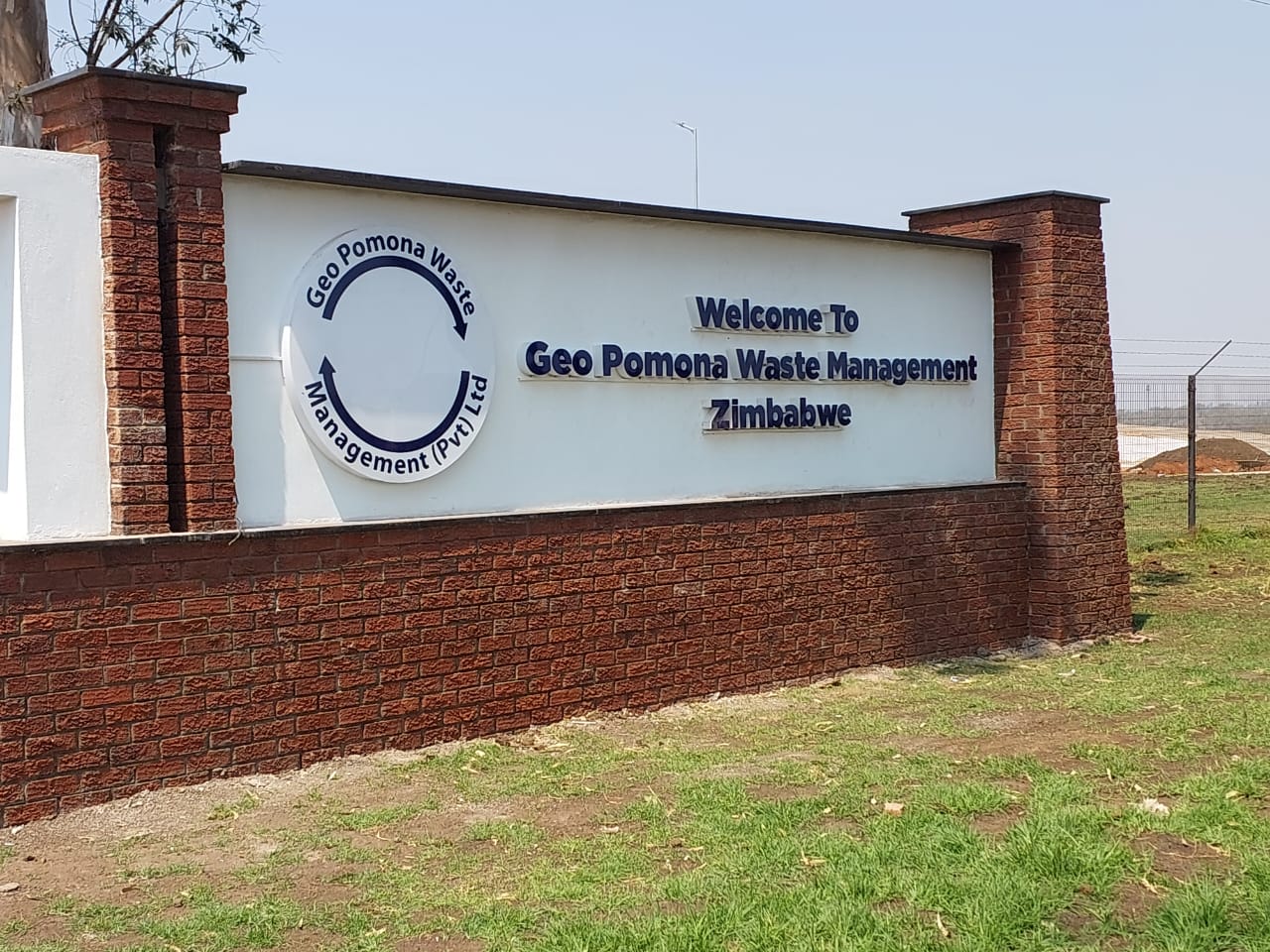

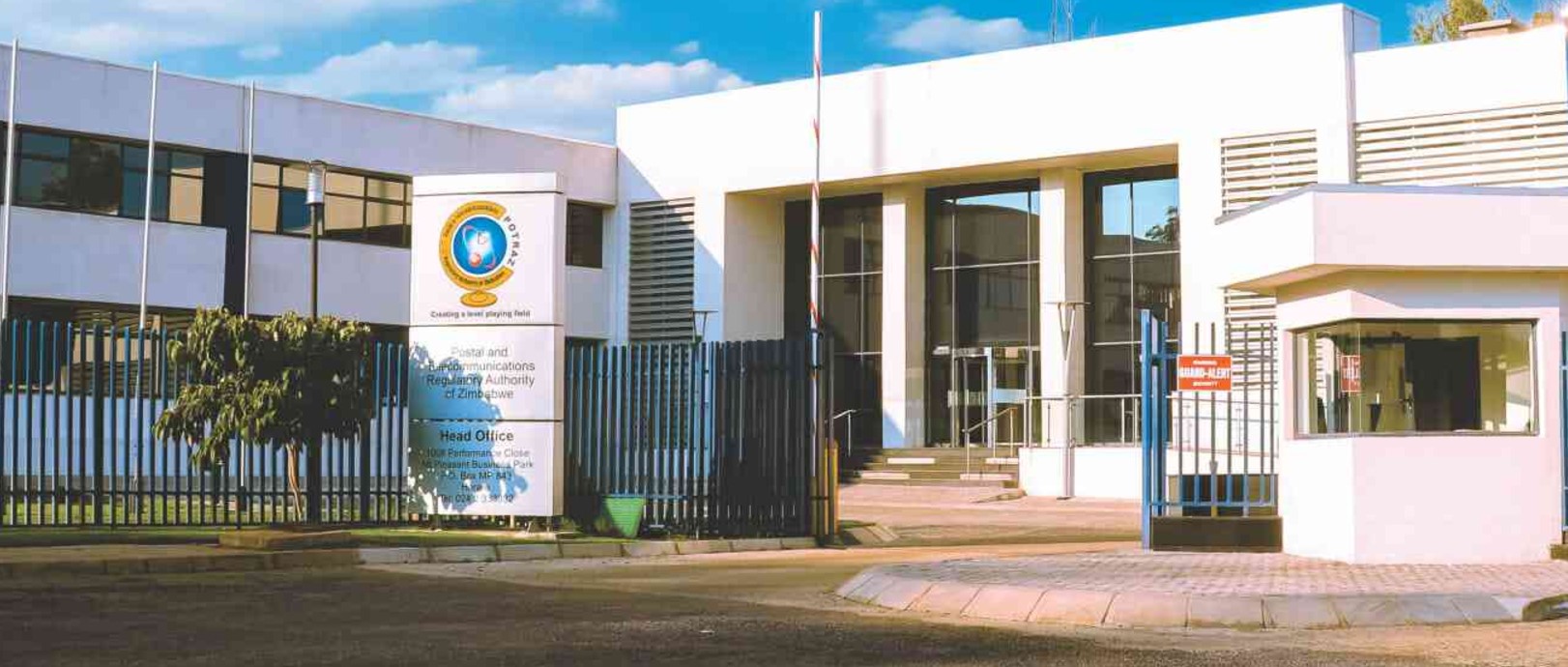

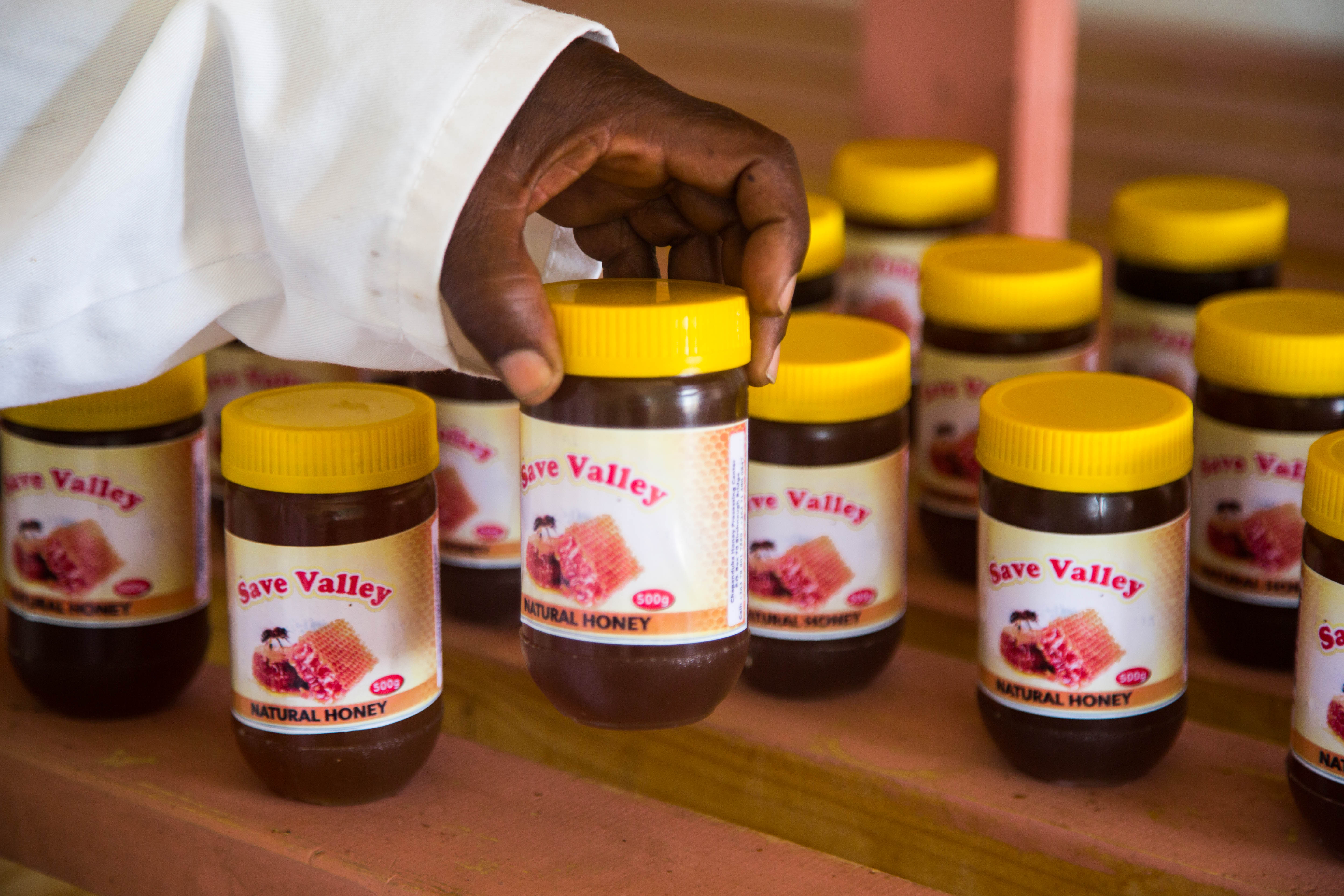
 Young Investment Professional (YIP) Graduate Programme 2019
Young Investment Professional (YIP) Graduate Programme 2019
Editor's Pick